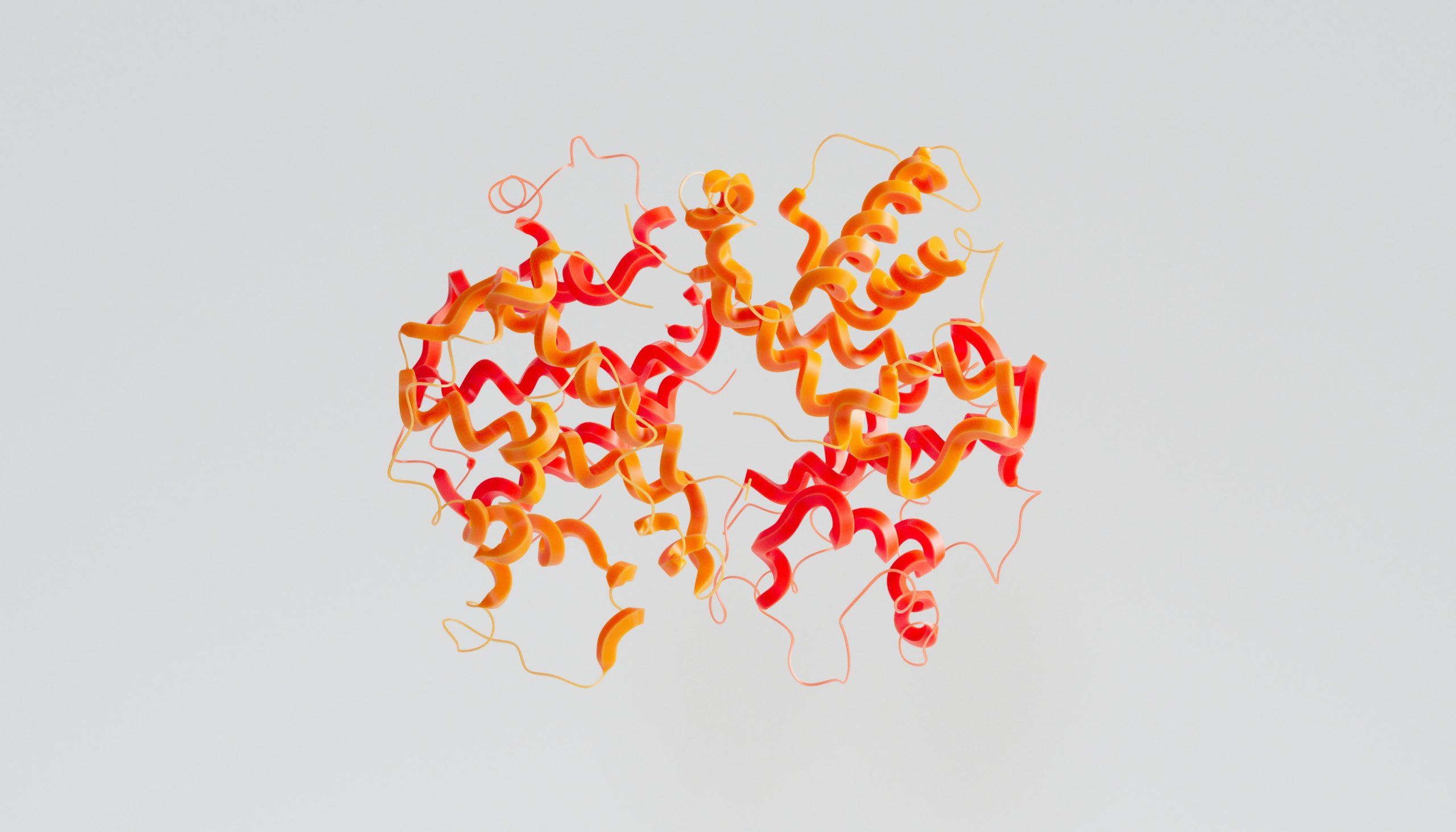In a groundbreaking development that is revolutionizing our understanding of history and culture, genetic research is now extending its reach beyond medicine and ancestry, offering new insights into the lives of historical figures. One such figure to undergo this fascinating scientific exploration is the iconic composer Ludwig van Beethoven. By examining Beethoven’s genetic material, scientists are reshaping our perception of the man behind the music and uncovering a deeper understanding of his life and work. In this feature story, we delve into the ways in which genetic research is transforming our view of this legendary composer.
Chapter 1: Decoding the DNA
The journey to unravel the genetic secrets of Beethoven begins with the extraction and analysis of his DNA. Through advanced techniques, researchers carefully extract and sequence the composer’s genetic material, laying the foundation for a profound exploration of his genetic makeup.
Chapter 2: Unveiling Ancestral Origins
By analyzing Beethoven’s genetic code, scientists have been able to shed light on his ancestral origins and heritage. Through comparisons with modern populations and DNA databases, researchers have discovered surprising connections and traced his lineage back through generations, unearthing the cultural and geographical influences that shaped his identity.
Chapter 3: Genetic Insights into Health and Illness
Genetic research has offered significant insights into Beethoven’s health and the physical challenges he faced. By studying specific genetic markers associated with various health conditions, scientists have identified potential explanations for the composer’s hearing loss, gastrointestinal issues, and other ailments that plagued him throughout his life.
Chapter 4: Nature vs. Nurture: The Genetic Influence on Artistic Genius
The exploration of Beethoven’s DNA raises thought-provoking questions about the relationship between genetics and artistic genius. While talent and creativity are undoubtedly influenced by a multitude of factors, the examination of Beethoven’s genetic makeup invites us to consider the extent to which his artistic abilities may have been influenced by his genetic predispositions.
Chapter 5: Ethical Considerations and Controversies
As with any scientific exploration involving historical figures, the study of Beethoven’s DNA raises ethical considerations. Privacy concerns, respect for the individual’s legacy, and informed consent are vital factors that researchers must navigate when undertaking genetic investigations of this nature.
Opinion Piece: Humanizing the Legend
The merging of genetics and historical research offers a remarkable opportunity to humanize figures like Beethoven, who have often been shrouded in myth and romanticized notions. Understanding the genetic makeup of these iconic individuals helps to demystify their lives and allows us to appreciate their achievements through a more nuanced lens. By acknowledging their genetic vulnerabilities and the challenges they faced, we can relate to them on a deeper level and gain a more profound appreciation for their contributions to art and culture.
In Conclusion:
The intersection of genetic research and historical figures is transforming the way we perceive the lives and legacies of iconic individuals like Beethoven. Through the study of his DNA, scientists are unraveling the genetic mysteries that influenced his life, health, and creative abilities. This emerging field of research has the potential to reshape our understanding of history and culture, revealing the intricate interplay between genetics and human achievements.
As we continue to explore the genetic blueprints of historical figures, may we approach this journey with a sense of curiosity and respect, understanding that these insights offer us a deeper connection to the past and a renewed appreciation for the complexities of the human experience.




